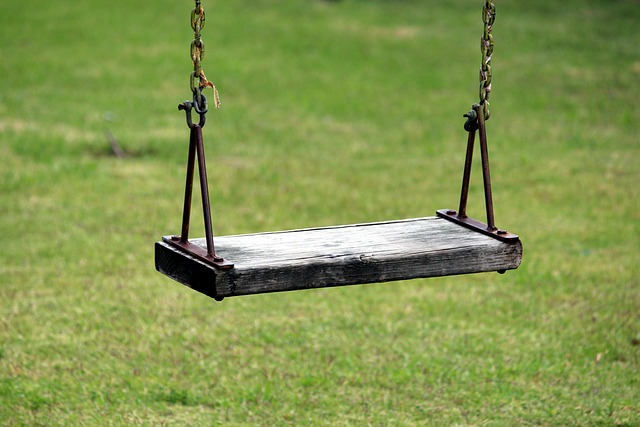Deforestation has become a pressing issue in today’s world, often tied to discussions about climate change and environmental preservation. However, what many might not realize is that the effects of deforestation extend beyond environmental degradation. There exists a devastating link between sexual abuse and the loss of our forests that deserves urgent attention.
Throughout history, forests have provided shelter not only for countless species of wildlife but also for countless communities that rely on them for their livelihood. When deforestation occurs, these communities suffer profoundly. The destruction of natural habitats leads to displacement, poverty, and a breakdown of social structures. This disruption often exacerbates existing vulnerabilities, particularly for women and children, and sadly, leads to an increase in sexual abuse incidents.
In regions where deforestation is rampant, women, who are often the primary gatherers of resources, find themselves at increased risk. As logging companies and agricultural expansion encroach on their lands, women may have to travel further into the wilderness to find food, water, and fuel. This trek exposes them to potential violence and sexual assault, as they navigate areas where criminal elements may exploit their solitude and vulnerability.
Moreover, the economic consequences of deforestation can further entrench gender inequalities. As forests disappear, local economies suffer, and communities become more desperate. In such scenarios, the breakdown of societal norms can lead to an alarming rise in sexual violence and exploitation. Young girls may be pressured to engage in transactional sex to support their families, while others may face sexual abuse as they seek refuge from the chaos brought on by deforestation-related poverty.
Climate change, a dire consequence of deforestation, perpetuates this cycle of violence. As natural disasters and extreme weather events become more frequent due to climate change, fragile communities often face more significant challenges. This vulnerability can increase the incidence of sexual abuse in the wake of crises, as displacement leads to overcrowded living conditions and a breakdown of community safety. The trauma experiencers is compounded, creating a lasting impact on individuals, families, and entire communities.
It is crucial that we bridge the gap between environmental activism and social justice. Addressing climate change and deforestation is not just about preserving trees; it is equally about protecting human rights and safeguarding the most vulnerable among us. Strategies that promote sustainable land use and empower local communities, especially women, can mitigate both environmental damage and the risk of sexual abuse.
As we advocate for policies to combat deforestation, we must also shine a light on the interconnectedness of environmental degradation and social injustices. By recognizing and addressing the link between sexual abuse and deforestation, we can work towards creating a safer, more equitable world that values both our planet and its inhabitants.




